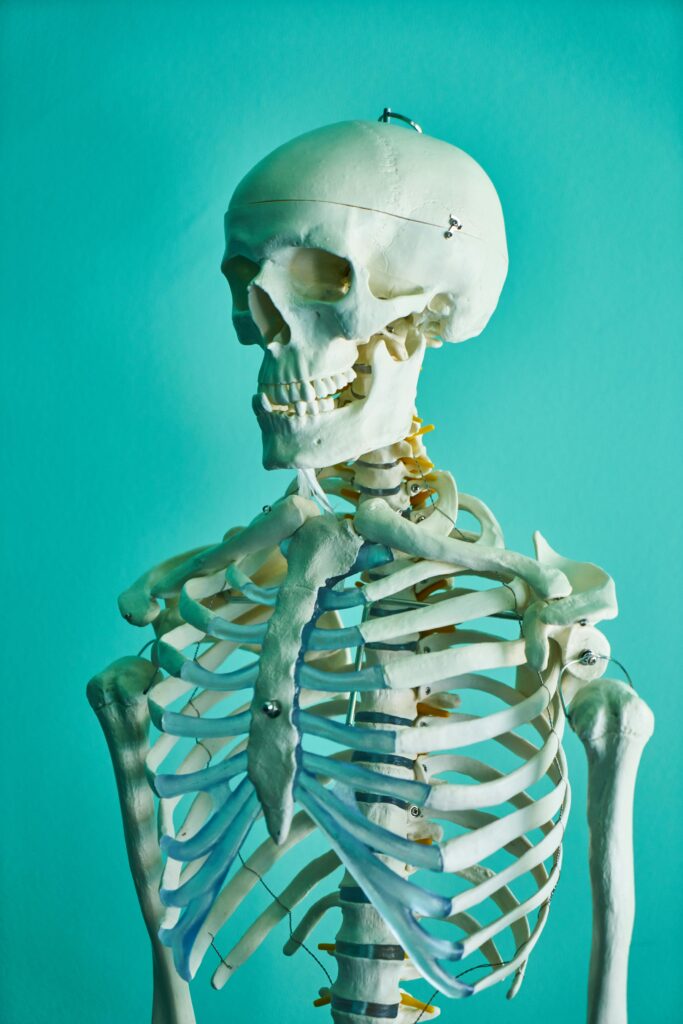
ADDICTION PREVENTION
Take steps to protect yourself and your loved ones
🏠 Stay in a Supportive Environment
Creating a structured, healthy environment is essential in preventing relapse and promoting recovery. Surround yourself with supportive individuals, avoid high-risk places, and engage in routine activities that strengthen mental health.
Addiction thrives in isolation. Recovery grows in community.


🤧 Talk About Your Triggers
Just like physical health symptoms, psychological triggers need to be addressed early. Open up to your counselor, family, or peer group about stressors such as trauma, grief, or anxiety before they escalate.
Talking is the first step toward healing.
🧍♂️ Self-Isolate from Negative Influences
If you’ve been around people who encourage substance use or unhealthy behaviors, it’s essential to distance yourself. Create boundaries. Build new connections through support groups and therapy sessions that focus on growth and sobriety.
Protect your progress—protect your peace.


😷 Seek Help When Overwhelmed
Wearing a mask protects from illness; asking for help shields your mental health. If you’re feeling overwhelmed, don’t self-isolate emotionally—reach out to mental health professionals or recovery groups.
Your vulnerability is your strength in recovery.
🧠 Clean Your Mental Space
Regular mental health check-ins, journaling, mindfulness, and therapy are key to maintaining emotional cleanliness. Don’t let stress or past trauma build up—process, release, and reset.
Mental hygiene is as essential as physical hygiene.

🧠 Protect Yourself & Others
Build a strong foundation to prevent relapse and support others on their journey.
01.
Prepare
Educate yourself and your family about addiction, triggers, and coping strategies. Recovery is not just personal—it’s communal. Preparation builds resilience.
Knowledge is a powerful relapse prevention tool.
02.
Be Aware
Recognize warning signs in yourself or loved ones—changes in mood, behavior, or social habits. Awareness allows early intervention, which is often the key to sustained recovery.
Awareness turns setbacks into setups for success.
03.
Act
Take immediate, constructive steps if relapse risks appear. Join a therapy session, call a helpline, or revisit coping mechanisms taught in your rehab program. Every action matters.
Action is the bridge between intention and transformation.

NEED HELP?
We are here to help
Whether you’re seeking help for yourself or a loved one, Kaveri IRCA offers
a safe space to break free from addiction and rediscover purpose.
Your healing is our mission. Your future is worth fighting for.
WHY US
At Kaveri Integrated Rehabilitation Centre for Addicts, we don’t just treat addiction—we transform lives. Our expert team of psychiatrists, psychologists, counselors, and social workers deliver evidence-based care rooted in compassion, dignity, and respect.
We understand that every journey is unique. That’s why we provide individualized treatment plans that address not just substance use, but the emotional, psychological, and social issues that fuel it.
